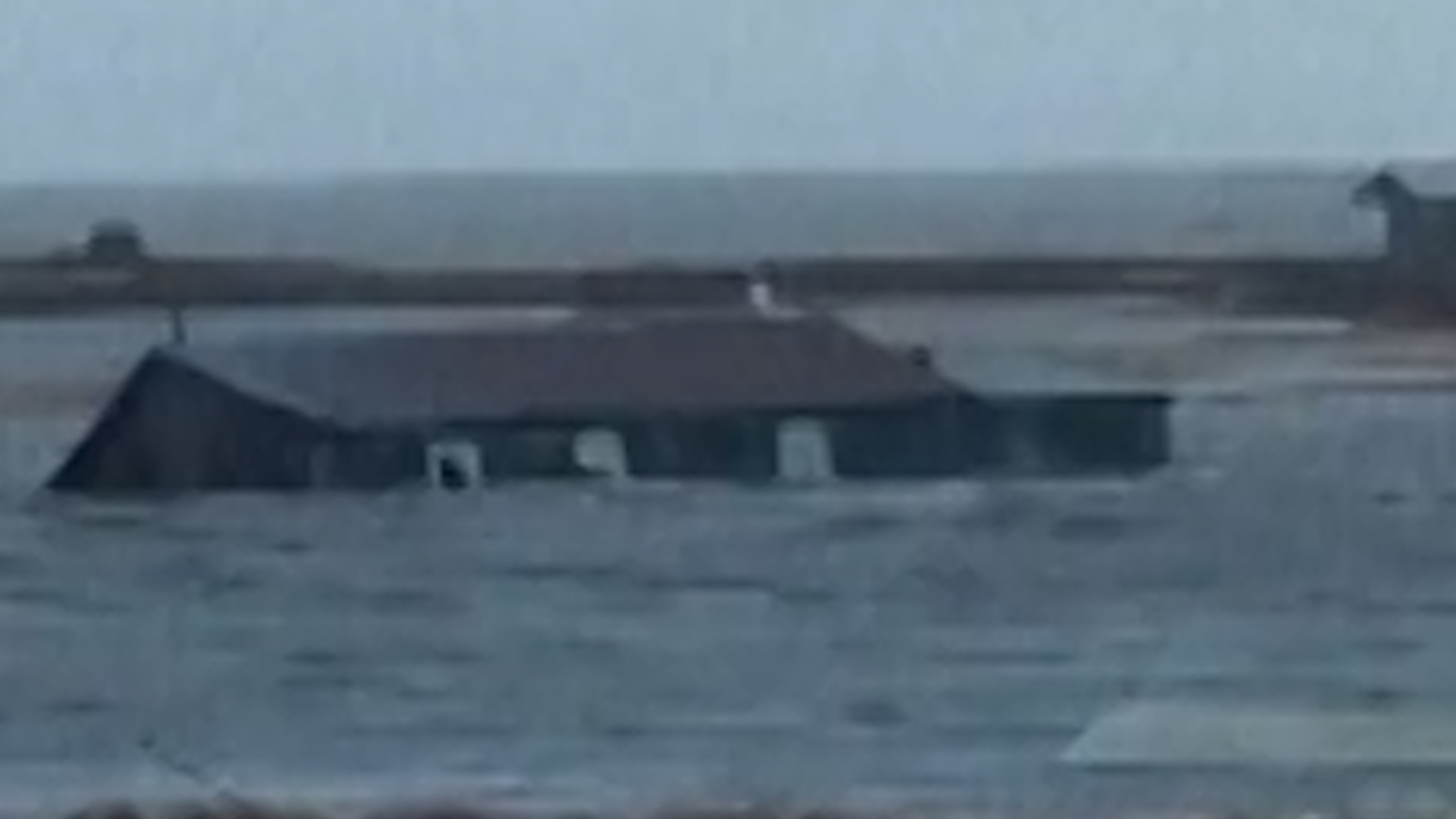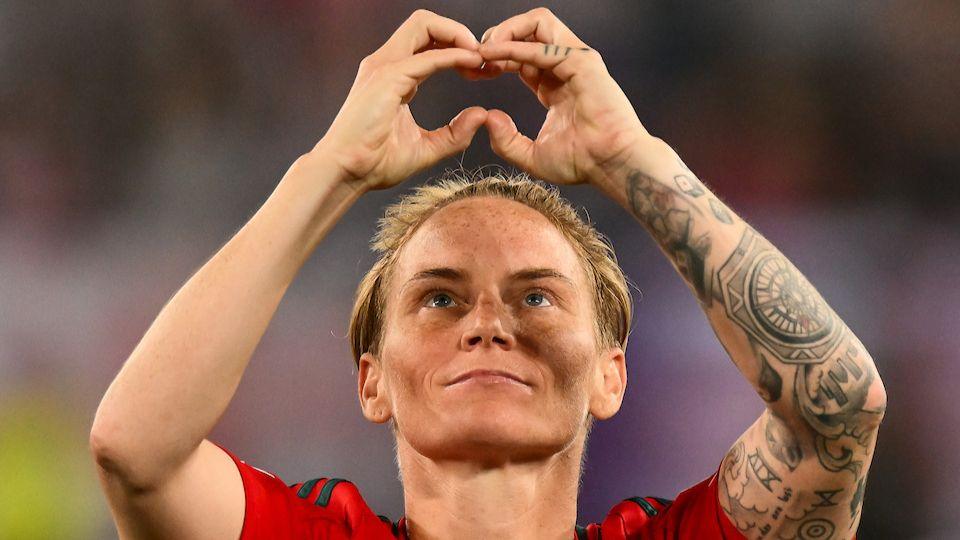A world title defence against Manny Pacquiao “can definitely be looked at” for IBF welterweight champion Lewis Crocker, according to the Belfast fighter’s manager Jamie Conlan.
Crocker won the title with a split decision verdict against Paddy Donovan in September and he, along with Conlan, has met with Matchroom Boxing CEO Frank Smith to explore what the next move will be.
A February showdown with Conor Benn in London or voluntary defence in Belfast remain the two most likely options, but Conlan confirmed contact has been made with Pacquiao’s manager Sean Gibbons about the possibility of taking on the Hall of Fame inductee.
Pacquiao returned to the ring after a four-year absence in July to challenge WBC champion Mario Barrios with the fight ending in a majority draw.
The 46-year-old former eight-division champion is keen to secure another crack at welterweight honours and is expected to challenge WBA champion Rolando Romero next, but should that fail to materialise, Conlan said the carrot of the IBF title could entice ‘Pac Man’ to look towards Crocker.
“I reached out to Sean Gibbons of Manny Pacquiao’s team last night [Tuesday],” Conlan told BBC Sport NI.
“They are trying to do ‘Rolly’ Romero but if that can’t be done, then we are going to have communication.
Eubank-Benn II outcome could determine next move

Although that option is viable, it is much more likely Crocker will either face Benn or enjoy another big night in Belfast for a first voluntary defence.
However, much will depend on the outcome of November’s middleweight rematch between Benn and Chris Eubank Jr in terms of when Benn could be ready to return to the ring and drop back to welterweight.
The updated IBF rankings have former light-welterweight champion Liam Paro in the number two position with Donovan, who is understood to be appealing September’s decision at Windsor Park, in third.
A successful outcome for Donovan would most likely see him retain his high ranking and secure a final eliminator against Paro for the mandatory slot.
“Benn is the fight Crocker wants and he is confident he will beat him,” Conlan confirmed.
“That’s all well and good and the numbers are exciting, but you are putting Lewis’ livelihood on hold in hope of what will happen in another fight [Eubank-Benn II] and it doesn’t work like that, so get something booked for Belfast and most likely that’s what will happen next. If they [Matchroom] control the situation with the mandatory, then it can be pushed off and we can do Benn [after a first voluntary].
“There are still a few moving parts to happen, but I think Paro will fight Donovan or Karen Chukhadzhian next.
Related topics
- Northern Ireland Sport
- Boxing
- 1 day ago

- 28 April 2024

More boxing from the BBC
- 16 August









